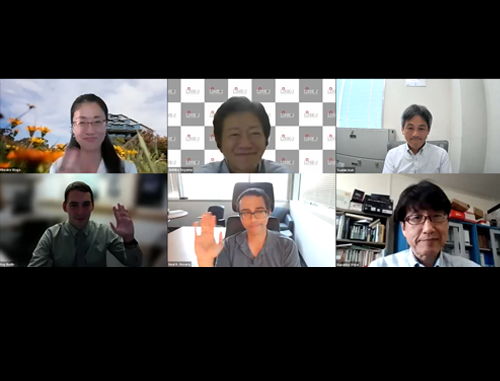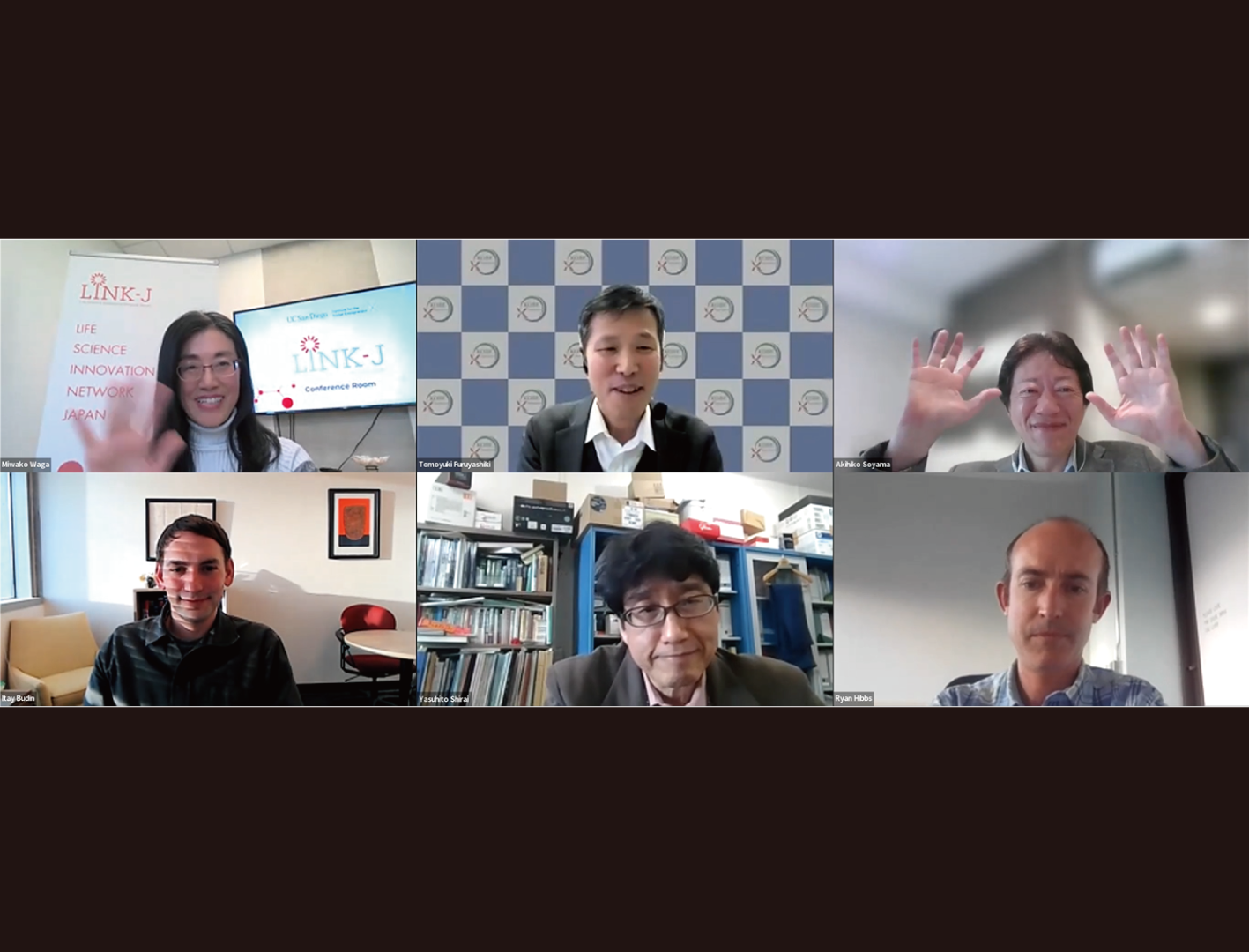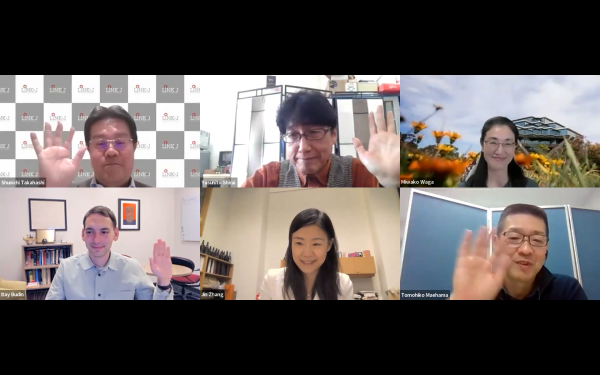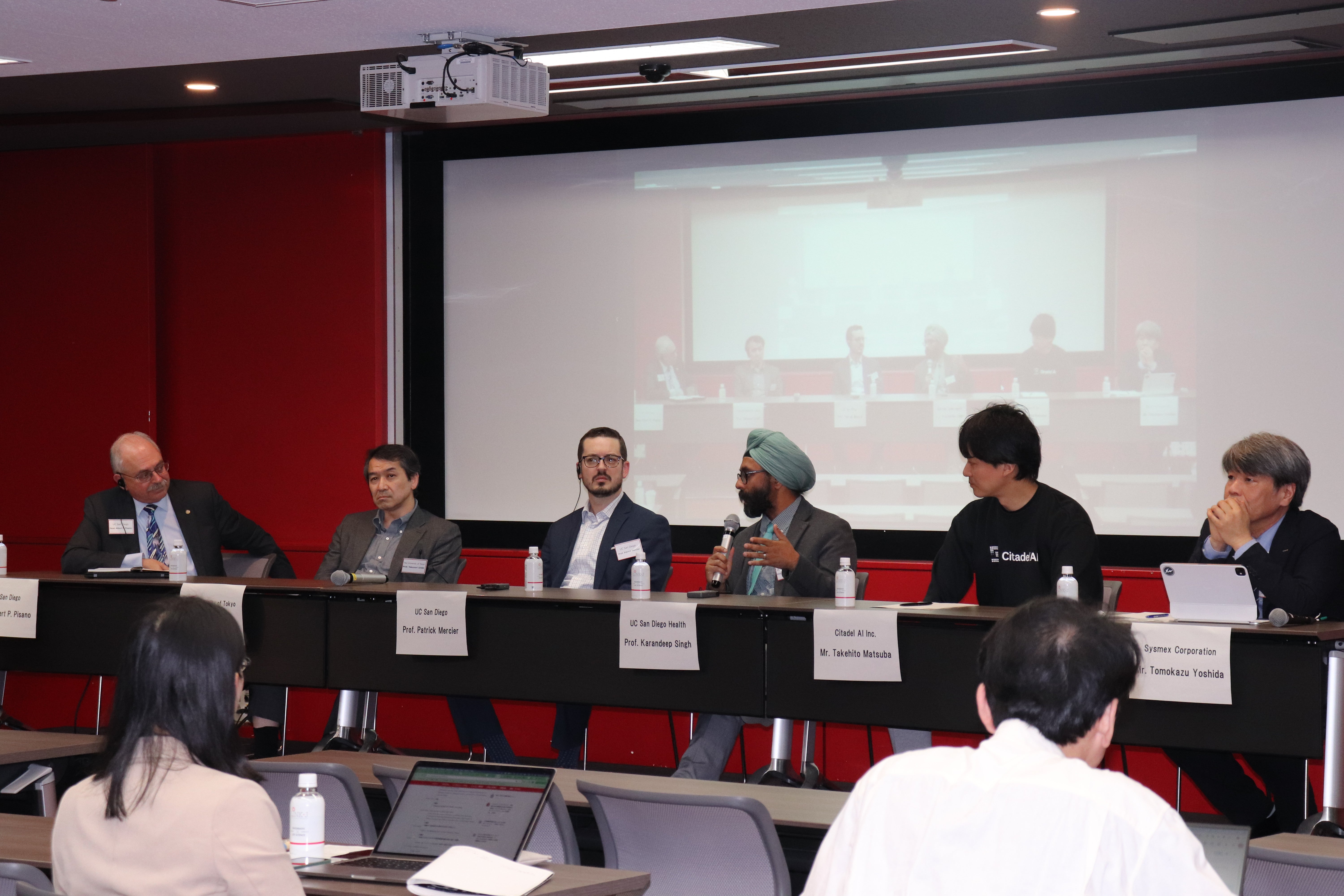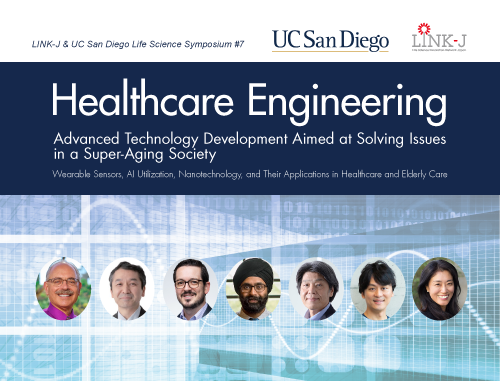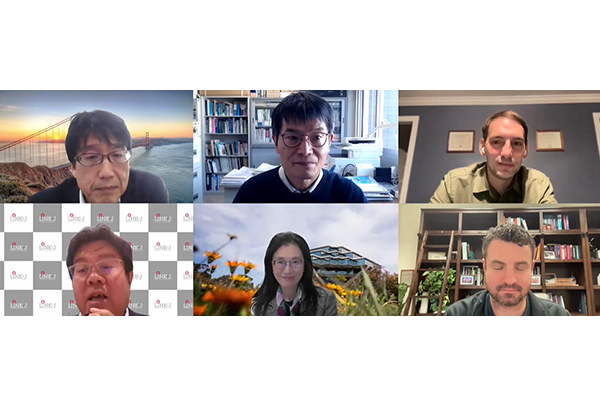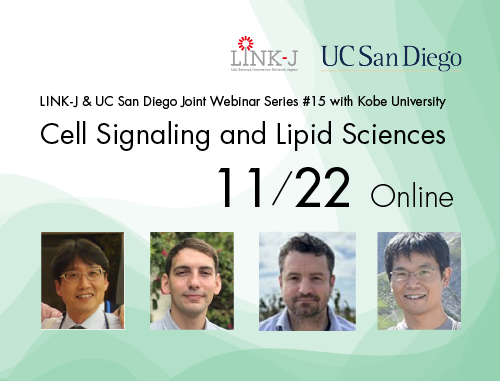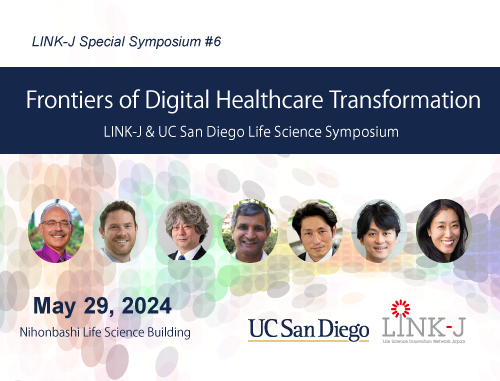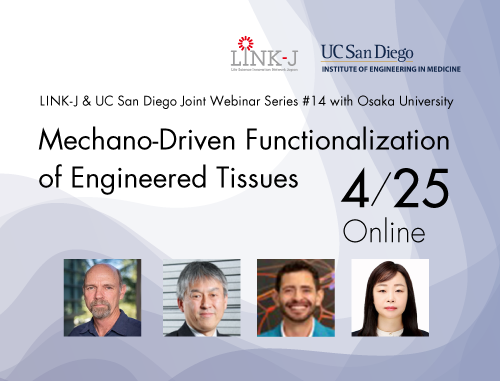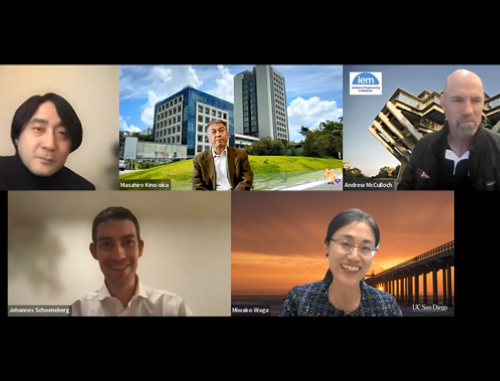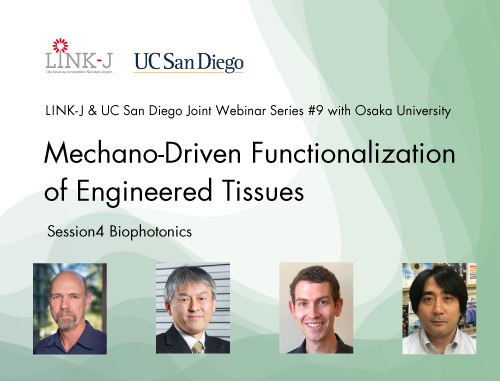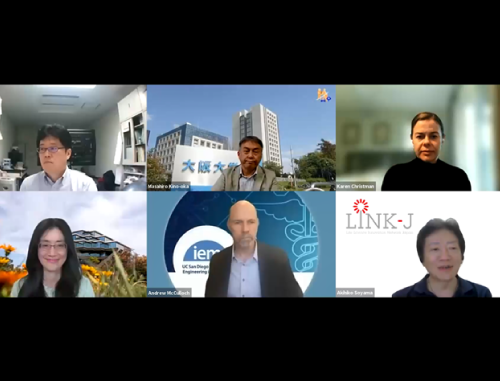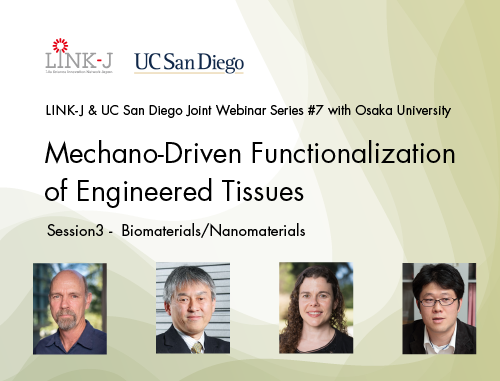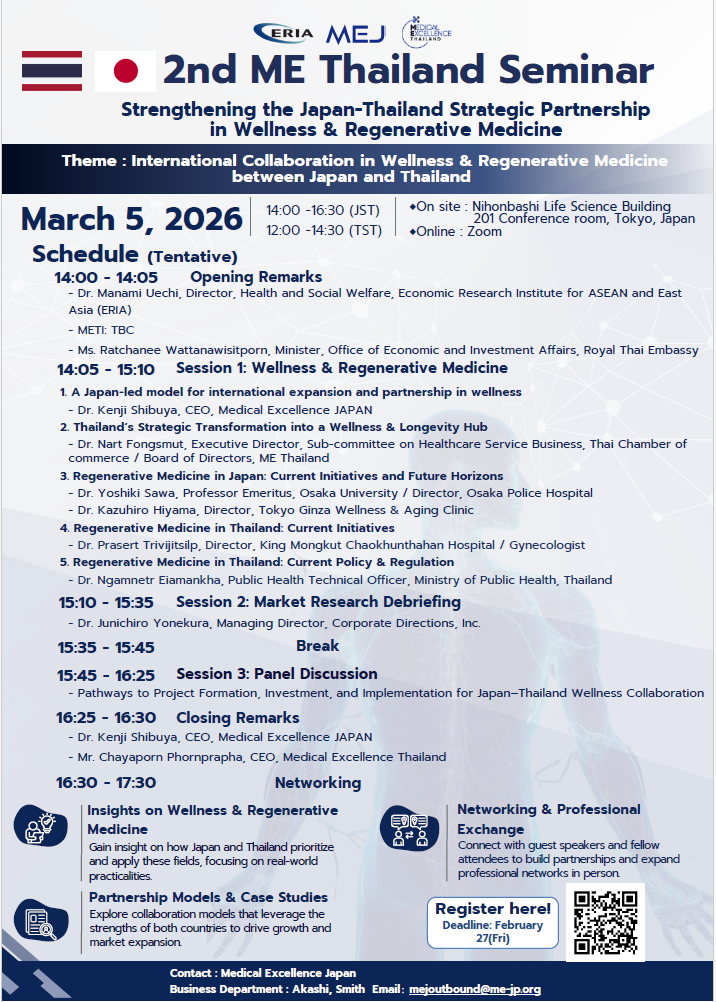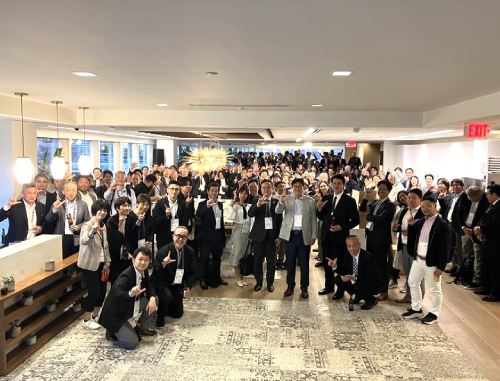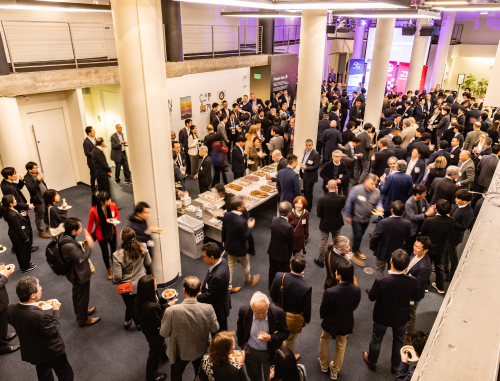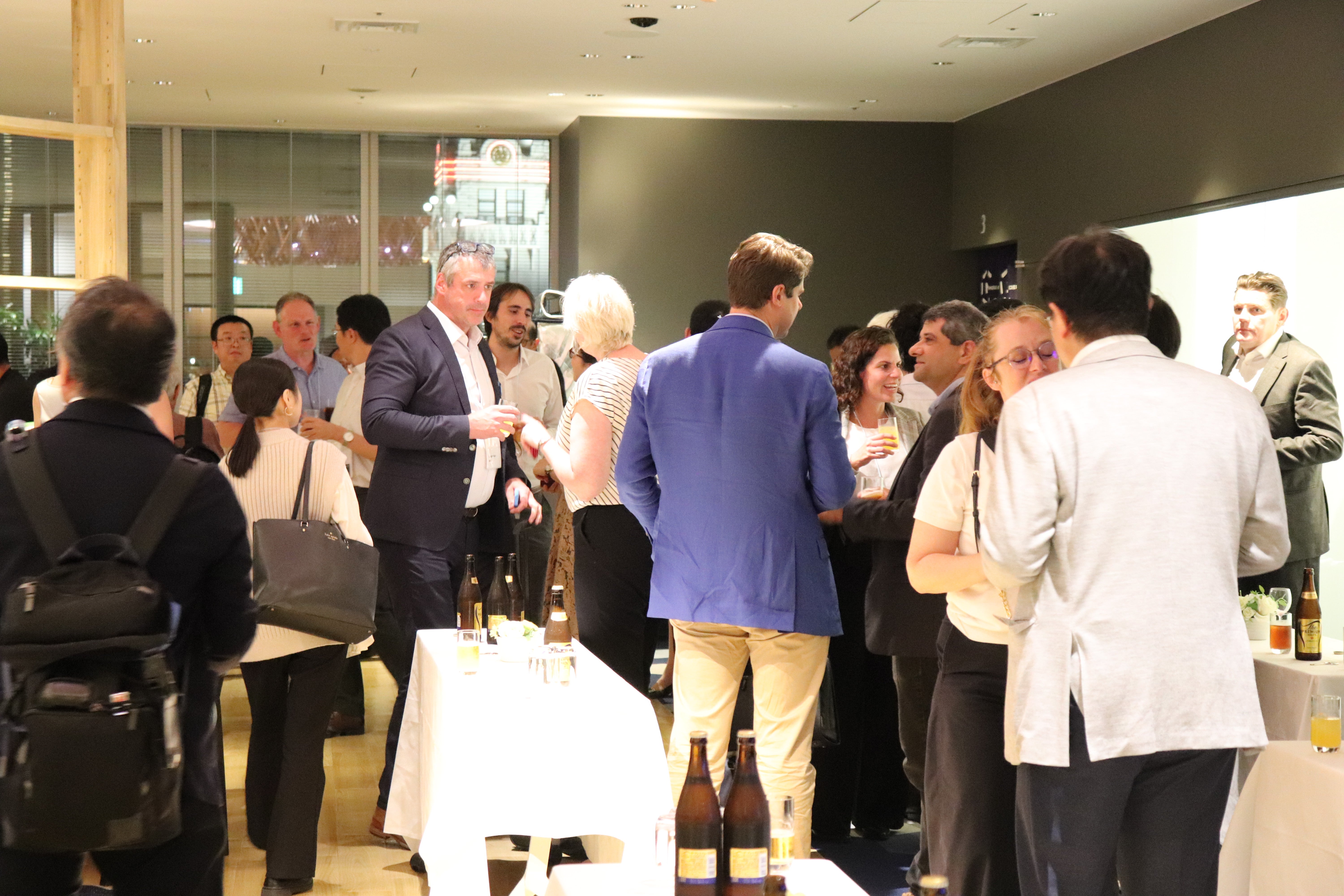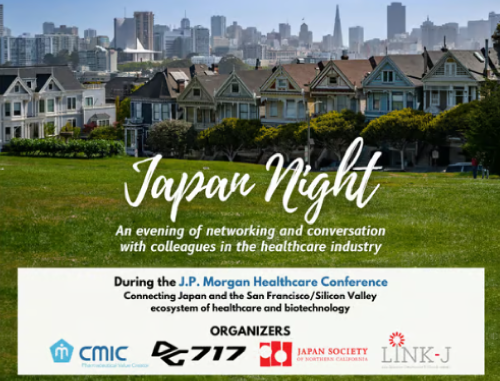LINK-J & UC San Diego Joint Webinar Series #14 with Osaka University "Mechano-Driven Functionalization of Engineered Tissues" Session 5 - Precise cell-based modeling through cell and material preparations was held on April 25, 2024. (Host: LINK-J, Co-Host: University of California San Diego [UC San Diego])

Speakers
Dr. Andrew McCulloch, Distinguished Professor of Bioengineering and Medicine; Director, Institute of Engineering in Medicine, UC San DiegoDr. Tomohiko Maehama(Associate Professor, Kobe University Graduate School of Medicine)
Dr. Masahiro Kino-oka, Professor, Department of Biotechnology, Graduate School of Engineering, Osaka University
Dr. Brian Aguado, Assistant Professor of Bioengineering, Shu Chien-Gene Lay Department of Bioengineering at the UC San Diego Jacobs School of Engineering
Dr. Mee-Hae Kim, Associate Professor at the Department of Biotechnology, Osaka University Graduate School of Engineering
Ms. Miwako Waga, Senior Director of International Innovation Outreach, UC San Diego Office of Research and Innovation
Dr. Shunichi Takahashi, Ph.D., President and Chief Operating Officer, LINK-J
Presentations
Dr. Brian's talk
"Determining sex differences in cardiovascular disease using biomaterials"
Cardiovascular disease is the leading cause of death in both men and women, yet our mechanistic knowledge of the sex-specific molecular and cellular mechanisms that guide cardiovascular disease progression, particularly in women, remain poorly characterized. Studies evaluating disease mechanisms rarely state the sex of cells used for in vitro studies or are performed primarily in male animal models, causing our gap in knowledge. My laboratory uses precision biomaterials as in vitro and in vivo tools to dissect mechanisms that contribute to sexual dimorphisms in cardiovascular diseases, specifically aortic valve stenosis.
In my talk, I will discuss how we have used hydrogel biomaterials as engineered valve matrix mimics to explore sex dimorphisms in valvular interstitial cell phenotypes in vitro and describe sex-specific molecular mechanisms that may drive dimorphisms in aortic valve stenosis. Our work seeks to leverage biomaterial technologies to understand sex dimorphisms in health and disease, with the long-term goal of achieving sex and gender equity in cardiovascular disease treatments and outcomes.
Dr. Mee-Hae's talk
"Development of Culture Strategy for the Synchronous Differentiation of Human Induced Pluripotent Stem Cells"
To industrialize induced pluripotent stem cell (iPSC)-derived therapies, it is necessary to demonstrate the safety and efficacy of these therapies and develop robust and controllable bioprocesses to produce iPSC-derived functional cells. However, developing culture strategies for bioprocesses remains challenging because there is no efficient way to synchronize their differentiation stages.
This webinar will provide a novel culture strategy to improve the differentiation stability of iPSCs and their efficiency in giving rise to functional cells. First, we will briefly introduce the impact of mechanical forces within the cellular environment and identify key cell state determinants in iPSC expansion and differentiation. Specifically, we will focus on the manner in which cell behavior triggers mechano-chemical transduction signaling pathways in relation to the initial cell fate decision. We will then introduce the effect of the botulinum hemagglutinin (HA) on cell synchronization to achieve homogeneous population of differentiated cells. Temporal disruption of cell‐cell interactions by HA suppresses spatial heterogeneity of cells within the culture and synchronize mechanical memory via YAP localization. The homogeneous population of cells with the synchronized mechanical memory have higher capability to differentiate into functional cells than unsynchronized iPSCs. Finally, we will discuss the design principles of synchronous differentiation strategy for iPSCs based on the concept of Waddington's epigenetic landscape and it potential application to an existing culture technologies.
Recording is available on LINK-J's YouTube channel.
This webinar included time for Q&A and panel discussion, which led to interesting interactions with the audience. Thank you very much for your participation. We plan to offer similar sessions in the future. Stay tuned!
